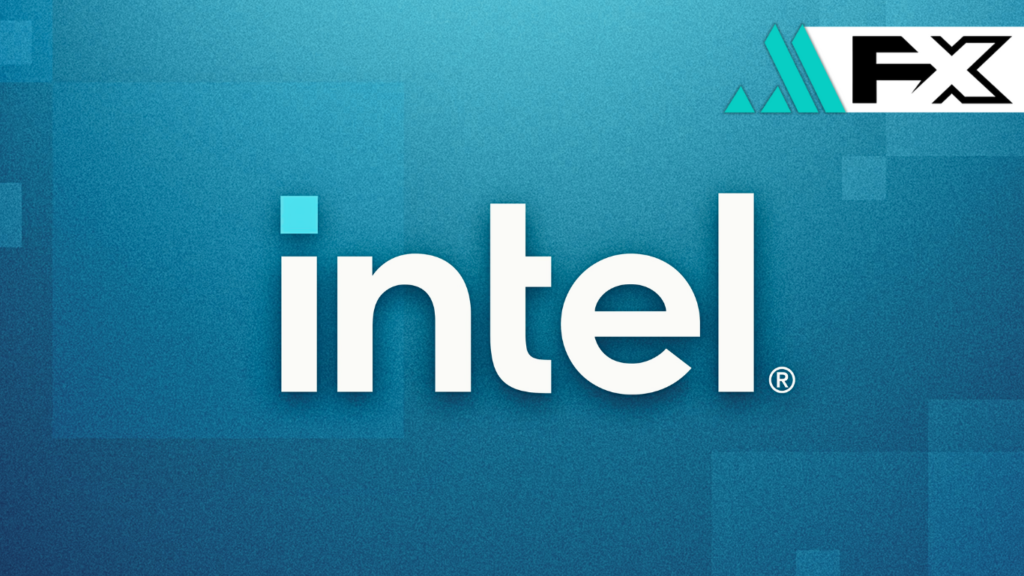Intel Corp. (NASDAQ: INTC) shares gained 2.6% in pre-market trading Monday, following reports that the company is finalizing a deal to sell a majority stake in its programmable chip unit, Altera, to Silver Lake Management. The sale, potentially valued around $9 billion, marks a pivotal move in Intel’s ongoing strategy to streamline operations and focus on high-growth areas.
Bloomberg News first reported that the announcement could come as early as this week. Intel’s decision aligns with its previously outlined roadmap to divest non-essential assets and reallocate resources more efficiently in the face of intensifying competition and changing semiconductor market dynamics.
Intel originally acquired Altera in 2015 for $17 billion, a move aimed at expanding its reach in telecommunications and data center hardware. However, the current estimated sale value reflects a nearly 47% markdown, underscoring how Intel’s strategic priorities have shifted since then.
Why Intel Is Shedding Altera
Intel’s restructuring efforts, announced in early 2024, emphasize sharpening focus on its core processor and AI chip segments, both of which are central to its long-term growth narrative.
The sale of Altera, a business unit that develops Field Programmable Gate Arrays (FPGAs), is a key component of this restructuring. These reprogrammable chips are used across telecom networks, cloud infrastructure, and defense systems—but haven’t yielded the same strategic returns for Intel as originally anticipated.
Key context:
- Altera generated strong interest from firms like Lattice Semiconductor and other private equity buyers.
- Despite its technical relevance, Altera has become non-core to Intel’s revised business focus.
- Intel aims to redirect capital from the sale to accelerate AI and foundry initiatives.
This move follows similar divestitures across the chip industry as firms recalibrate amid global supply chain shifts, geopolitical tensions, and mounting demand for AI-related silicon.
What This Means for Intel Investors
While a sale at a significantly reduced valuation may raise eyebrows, analysts generally support the move as part of a broader operational reset.
Intel’s stock performance reflects investor confidence in CEO Pat Gelsinger’s strategy to return the company to leadership in chip design and fabrication by 2026.
If confirmed, the Silver Lake deal could:
- Infuse Intel with fresh capital for R&D
- Improve balance sheet flexibility
- Remove a non-core asset with limited synergy
Investors will closely watch for further details and any commentary during Intel’s next earnings report, as the company continues its transformation amid a rapidly evolving chip landscape.


